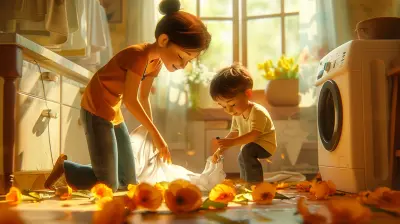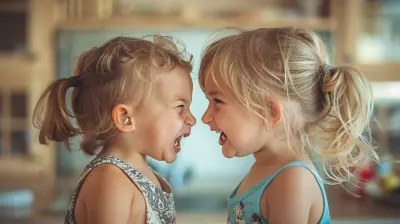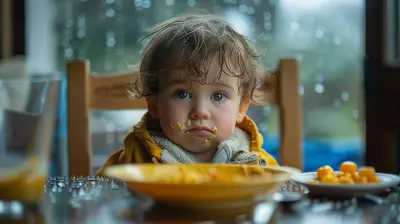Repeating Toxic Patterns: How to Break the Cycle
4 July 2025
We’ve all had that moment—whether it's in a heated argument with your partner, snapping at your kids for something small, or choosing to stay silent when you know speaking up is the right thing. You walk away thinking, “Why do I keep doing this?”
It’s not just you. Repeating toxic patterns, especially in parenting and relationships, is more common than you’d think. The good news? With awareness, the right tools, and a little bit of guts, you can break free and change the future—for yourself and your kids.
Let’s unpack those patterns, figure out where they come from, and most importantly, how to stop passing them down.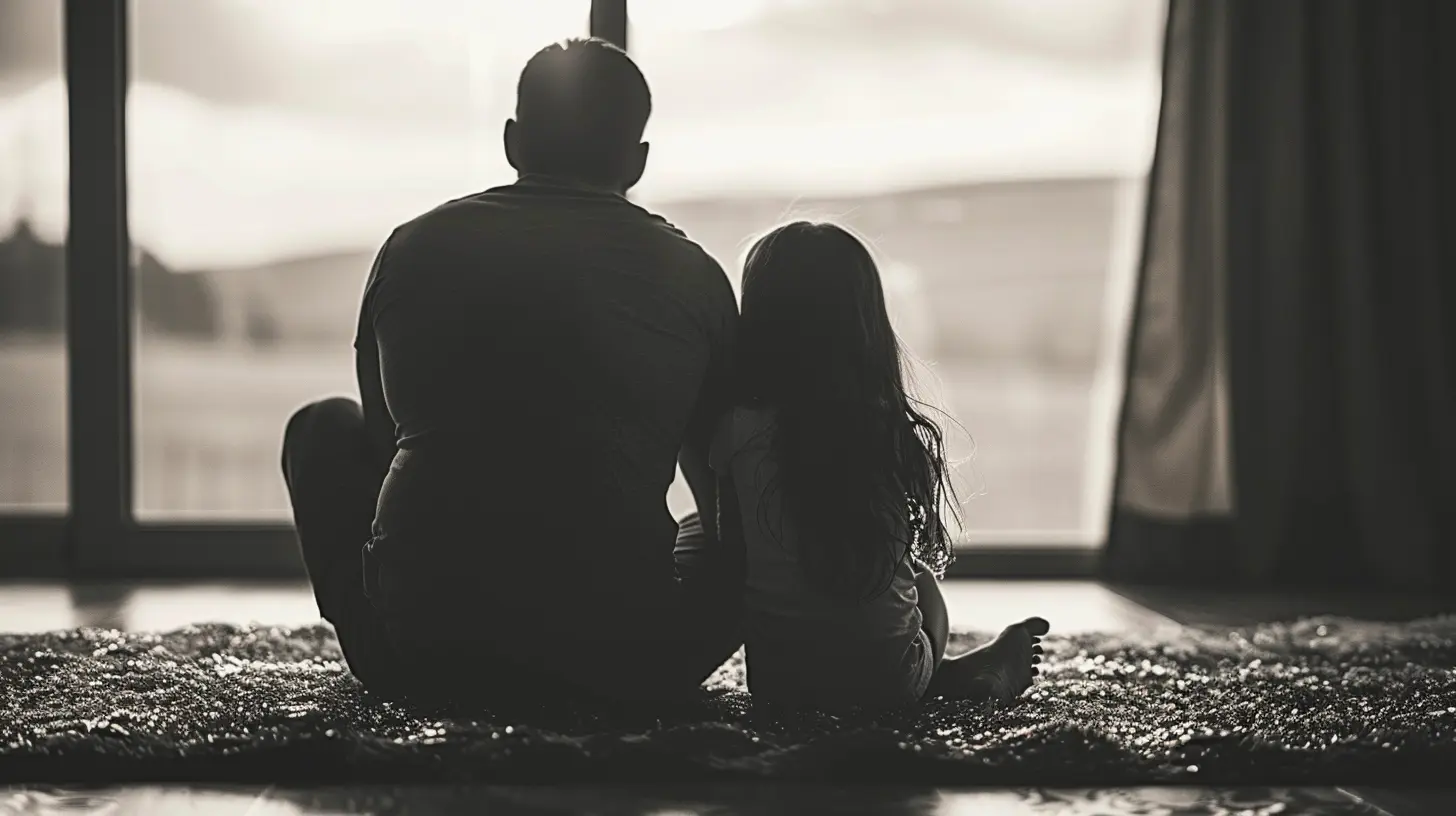
What Are Toxic Patterns, Really?
Toxic patterns are negative behaviors or responses that keep showing up in your life—like emotional Groundhog Day. Maybe it’s yelling, avoiding hard conversations, people-pleasing, or even shutting down emotionally. These patterns often feel automatic because they’ve been running in the background for years.Here's the kicker: most of these behaviors are learned in childhood. Yep, we mirror what we know, especially from our parents or caregivers, whether we realize it or not.
If your home growing up was filled with yelling, blame-shifting, or emotional neglect, chances are some of that is leaking into your parenting now—even if it's unintentional.
The Generational Trap: Parenting on Repeat
Ever caught yourself saying something to your kids and immediately thinking, “Wow, I just sounded like my mom/dad”?Yep. That’s a generational pattern in action.
We unknowingly absorb our parents’ ways of doing things—the good, the bad, and the toxic. And while our parents were probably doing their best with what they knew, that doesn’t mean we have to accept the same behaviors as our own default settings.
Here’s the thing: kids don’t need perfect parents. They need self-aware ones.
Signs You Might Be Repeating a Toxic Pattern
You might be wondering if you’re stuck in a cycle. Here are a few red flags to watch for:- You react versus respond. You blow up, shut down, or guilt-trip rather than talk things out.
- You avoid conflict at any cost—even when it means suppressing your own needs.
- You feel like your emotions are always on a rollercoaster and you can’t get off the ride.
- You find yourself parenting with fear, shame, or control rather than love and empathy.
- You often feel triggered by your child's behavior (it feels bigger than it should).
If any of these sound familiar, it's okay. Acknowledging it is the first step to change.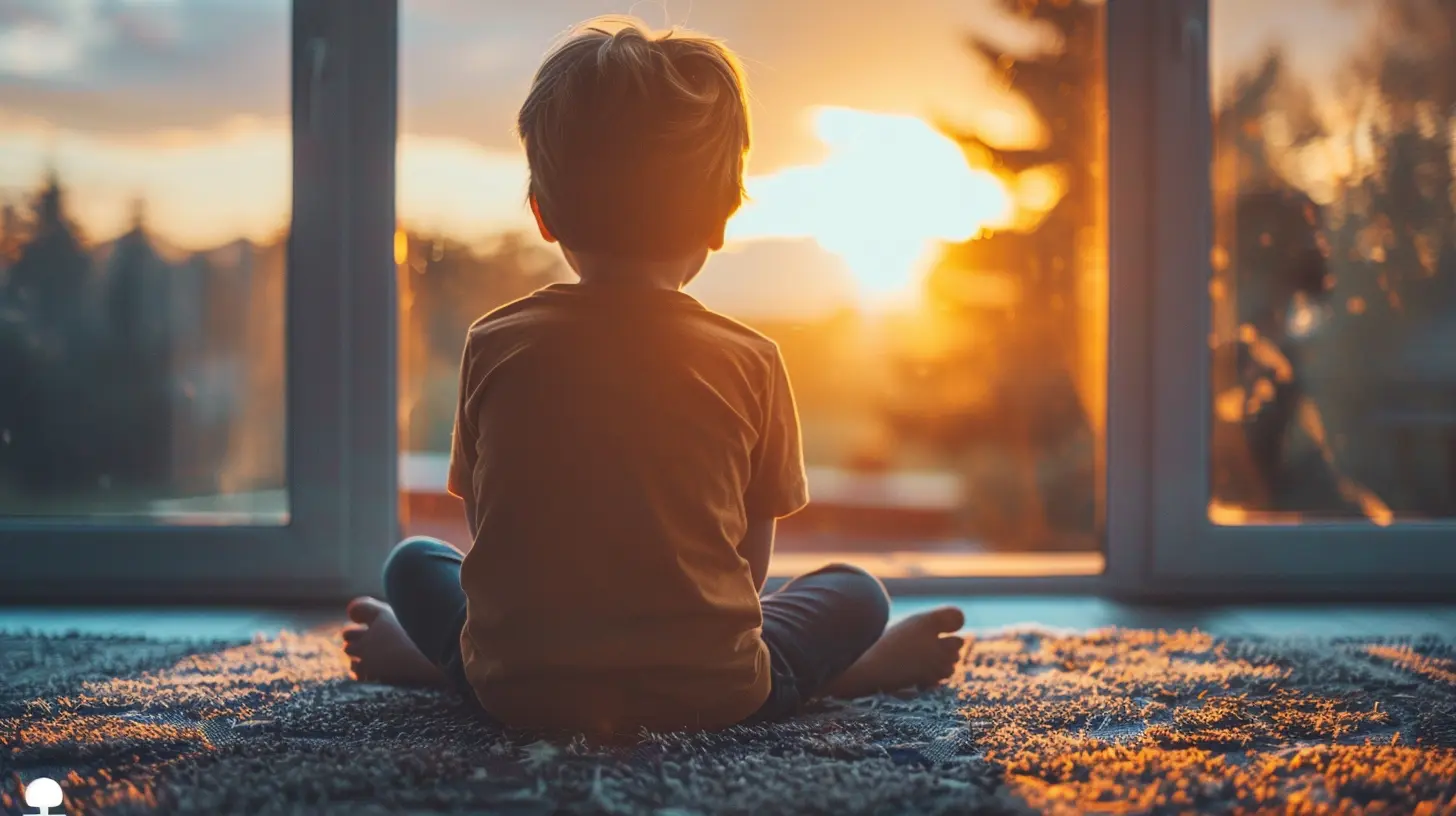
Why We Keep Repeating These Patterns
Let’s get real—it’s not because you’re a bad parent or partner. We stick to toxic patterns because they feel familiar. They’re like an old sweater—it might be ugly and itchy, but it fits. Your brain is wired to choose the familiar over the unknown, even if the familiar is hurting you and those around you.Plus, when we’re stressed, tired, or overwhelmed (hello, parenting!), we're more likely to fall back on old habits.
Step 1: Awareness is the Gateway
You can't fix what you don't recognize. Start by observing your own behavior without judgment. When do you feel most reactive? What triggers you?Try journaling after a tough parenting moment. What did you say? How did you feel? What were you trying to control or avoid?
This isn’t about shaming yourself—it’s about shining a light on the pattern so it stops lurking in the dark.
Try this:
Instead of “Ugh, I yelled again—what's wrong with me?”Try, “I raised my voice because I felt ignored and overwhelmed. What could I try next time?”
Progress over perfection, every time.
Step 2: Get Curious About the Root
The behaviors you want to change didn’t start yesterday. Ask yourself:- Who taught me this?
- When did I first learn that yelling means control?
- What made me think love has to be earned?
Understanding where your behavior comes from helps you untangle from it emotionally. It’s like pulling out a weed—you’ve got to get to the root, or it keeps growing back.
Step 3: Rewire Your Responses
Breaking toxic cycles isn’t just about stopping the bad stuff. It’s also about replacing it with better tools.Let’s say your child refuses to listen, and your go-to move is yelling. Instead of defaulting to that reaction, pause. Take a breath. Then choose a new way to respond.
Maybe that’s getting down to their eye level and saying, “Let’s try again. I need you to listen.”
It’ll feel awkward at first—like you're speaking a new language—but with practice, it'll become your new normal.
Step 4: Shift the Narrative
We all carry internal stories. "I’m not good enough." "I have to keep everyone happy." "No one listens to me unless I yell."These inner scripts run the show unless we rewrite them.
Challenge them. When you catch that nasty voice saying, “You’re failing,” interrupt it. Say, “Actually, I’m learning.” Your kids don’t need a superhero parent. They need a real one who's growing.
Step 5: Practice Self-Regulation
You know that phrase, “Put your oxygen mask on first”? It’s gold.If you’re running on fumes, burnout will make those toxic patterns come roaring back. Prioritize simple ways to care for your mental health, even in small doses:
- Five-minute morning breather before the chaos begins
- An evening walk alone or with your partner
- Saying no to one more commitment so you’re not stretched thin
- Talking to a therapist (yes, even when you're doing “okay”)
When you’re regulated, you parent with intention instead of reaction.
Step 6: Set Boundaries—That Includes Family
Sometimes, the cycle involves extended family. Maybe your parents undermine your parenting, criticize your every move, or still treat you like a child. Boundaries are your best defense.You have every right to say, “Please don’t raise your voice around my kids,” or “We don’t use timeouts in our home.”
You're not being disrespectful. You're protecting your space and your healing.
Step 7: Talk to Your Kids About It
Your kids don’t need you to be perfect—they need to know it’s safe to be imperfect.When you slip up (because you will), talk about it. Apologize. Say something like:
“Hey, I yelled earlier when I was frustrated. That wasn’t okay. I'm working on better ways to handle my feelings.”
That vulnerability is powerful. It teaches your kids emotional intelligence and that growth is a lifelong journey.
The Ripple Effect: Healing for You Means Healing for Them
Breaking toxic patterns isn’t just about stopping the yelling or the snapping. It’s about rewriting the entire story of your family legacy. You’re choosing to plant new seeds—ones rooted in love, empathy, and authenticity.And your kids? They get to grow up in different soil. One where they feel safe, seen, and heard.
Every time you pause before reacting, choose a better response, or show your child grace—you’re breaking the cycle. One decision at a time.
Bonus Tips for Staying on Track
- Use mantras – “I respond with love.” “I am not my past.”- Lean on community – Whether it's a therapist, friend, or online group, talk it out.
- Celebrate progress, no matter how small.
- Teach your kids tools – breathing, naming emotions, and using "I" statements.
- Give yourself permission to mess up – perfection isn’t the goal, connection is.
Final Thoughts
Breaking toxic patterns isn’t easy. It's messy, vulnerable, and sometimes downright painful. But it’s also deeply healing.You’re not just raising kids—you’re breaking chains. That’s powerful stuff.
So the next time you feel overwhelmed, remember this: You're not failing. You're rewriting the script. And that makes you one brave, cycle-breaking parent.
Keep going. Your future—and your child’s—looks brighter already.
all images in this post were generated using AI tools
Category:
Parenting MistakesAuthor:

Austin Wilcox
Discussion
rate this article
2 comments
Orionyx Forbes
Breaking the cycle is a brave and beautiful journey! Remember, every step you take toward positive change is a victory. You're not alone—keep shining and nurturing the love in your family!
November 15, 2025 at 4:05 PM

Austin Wilcox
Thank you for your encouraging words! Every step toward change truly matters, and I'm grateful for the support. Let's keep the conversation going!
Icarus McFarlane
Thank you for shedding light on such an important topic. Understanding and breaking toxic cycles is crucial for fostering healthier family dynamics and nurturing future generations.
July 20, 2025 at 3:37 AM

Austin Wilcox
Thank you for your insightful comment! I'm glad you found the article valuable in addressing this crucial issue.
